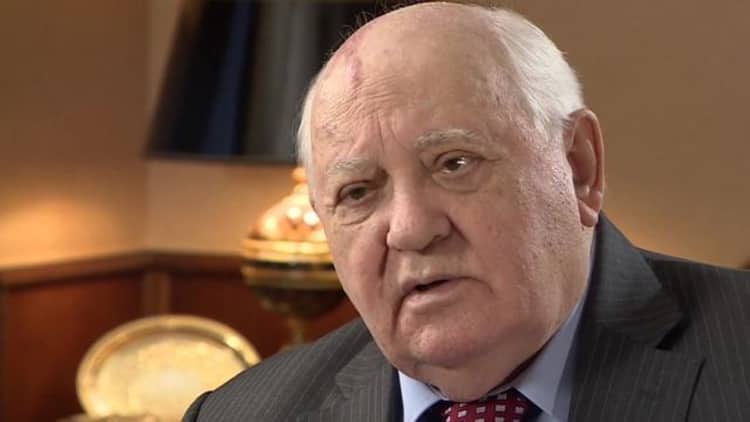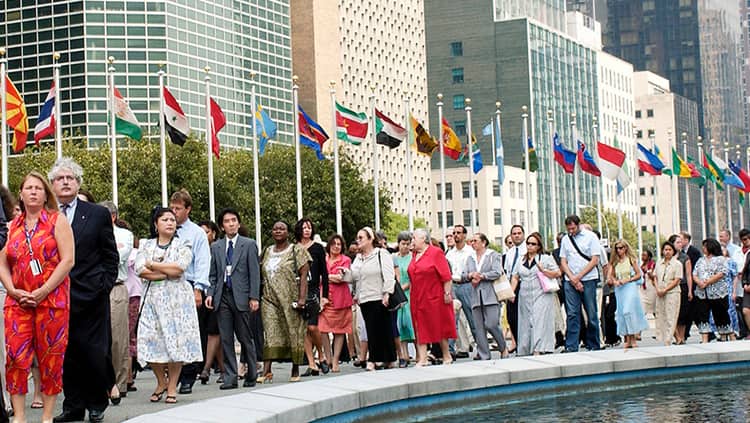The Diplomat
The death of the last president of the Soviet Union and driving force behind “perestroika”, Mikhail Gorbachev, has provoked numerous reactions in Spain.
The President of the Government, Pedro Sánchez, expressed his sorrow on his Twitter account at Gorbachev’s death, saying that he helped to make the world “a place with more peace and freedom” and that, with his decisions, he contributed “in a decisive way to ending the Cold War and making Europe, and the world, a place with more peace and freedom”.
For his part, former Prime Minister Felipe González, who dealt directly with him in the second half of the 1980s and early 1990s, said that he was “an extraordinary personality” who “changed the world”, although since then the world has not found its equilibrium.
González recalled that he had an intense relationship with him from the time he took office as First Secretary of the CPSU in 1985 until the Madrid Peace Conference in 1991, when he was already talking to him about a possible departure from power.
The EU’s High Representative for Foreign Policy, Josep Borrell, said that “Gorbachev sent a wind of freedom through Russian society and tried to change the communist system from within, which proved impossible”.
After stressing that “he began an era of cooperation with the West and put an end to the Cold War”, Borrell regretted that “unfortunately hopes have been dashed”, in reference to the current relationship with Putin’s Russia and the military aggression against Ukraine.
Along the same lines, the Minister of Foreign Affairs, José Manuel Albares, expressed his confidence that “Gorbachev’s spirit, intelligence and, above all, his desire for dialogue, peace and détente will once again prevail in Russia”.
“We need many Gorbachevs in the world today“, said Albares, who said that with his death “a fundamental figure for understanding the world in which we live, based on predictable rules” and who “was always committed to peace, détente and dialogue”, has disappeared.
According to the minister, Gorbachev “understood that Russia and Europe should maintain a permanent dialogue and did everything in his power to create an area of shared prosperity between Russia and Europe”.







